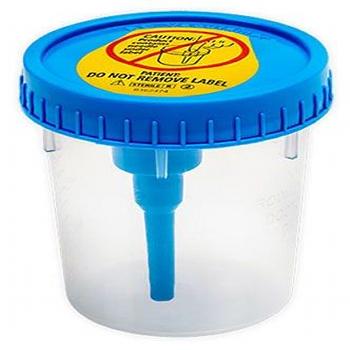- Test Type: 10-panel drug screen for detecting drug metabolites in a specimen
- Function: Identifies chemicals that remain in the body after metabolizing various substances
- Drugs Tested For:
- Amphetamines
- Cocaine
- Marijuana
- Opiates
- Phencyclidine (PCP)
- Barbiturates
- Benzodiazepines
- Propoxyphene
- Methadone
- Methaqualone (Quaaludes)
This comprehensive screening tool is ideal for ensuring a safe and compliant environment in various settings, including workplaces and rehabilitation centers.
Why would I need this test?
The 10-Panel Lab Based Urine Drug Test is commonly used for employment screening, legal requirements, or personal reasons. It detects the presence of multiple substances in your system, helping employers ensure workplace safety, or assisting individuals in monitoring substance use.
Will over-the-counter or prescription medications affect the test results?
Yes, certain over-the-counter and prescription medications can affect the test results by causing false positives. Medications like antihistamines, antidepressants, or pain relievers might interfere with the test. It's important to inform the testing facility about any medications or supplements you're taking to ensure accurate interpretation.
Do I need to prepare for the test?
Yes, certain over-the-counter and prescription medications can affect the test results by causing false positives. Medications like antihistamines, antidepressants, or pain relievers might interfere with the test. It's important to inform the testing facility about any medications or supplements you're taking to ensure accurate interpretation.
How is the sample collected for the test?
The test requires a urine sample. You'll be provided with a sterile container at the testing facility and directed to a private restroom to collect the sample. The process is straightforward and typically takes just a few minutes.
